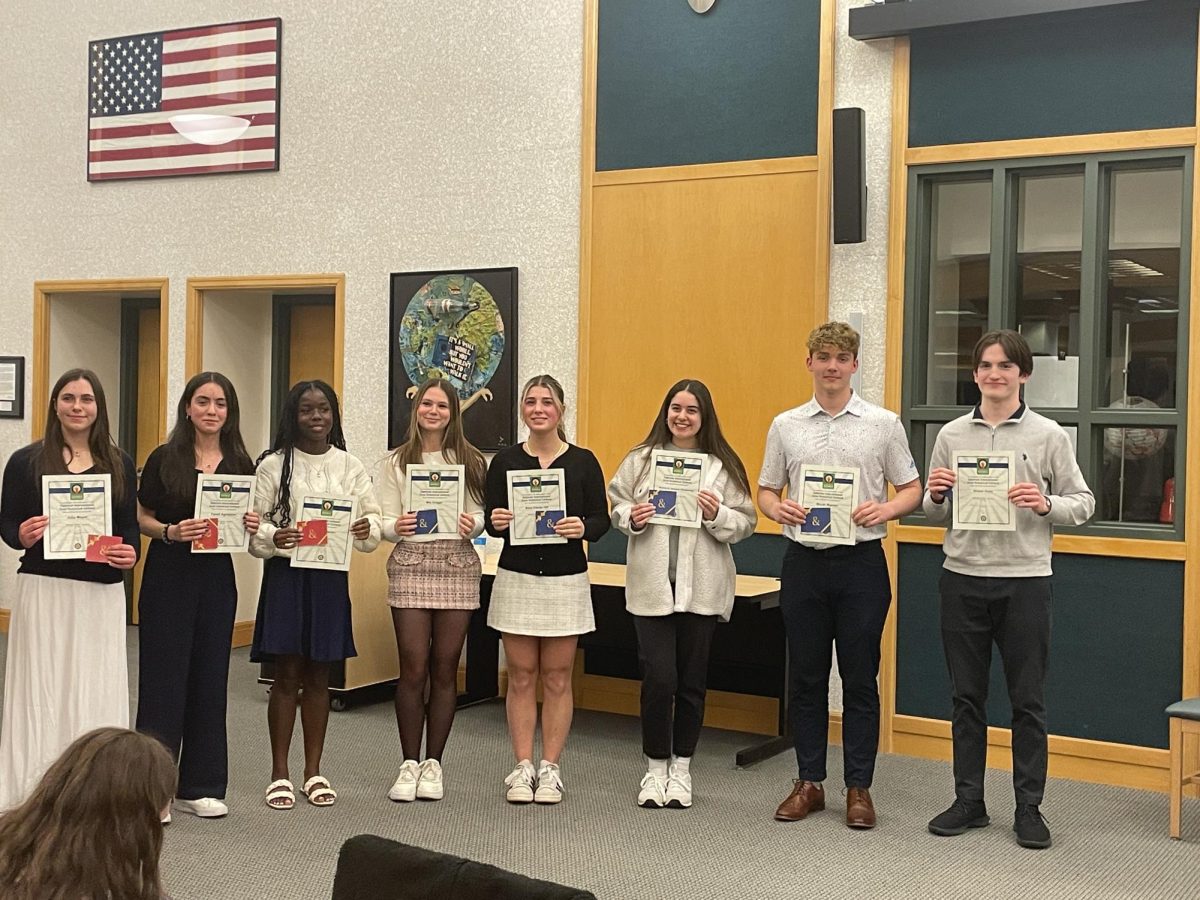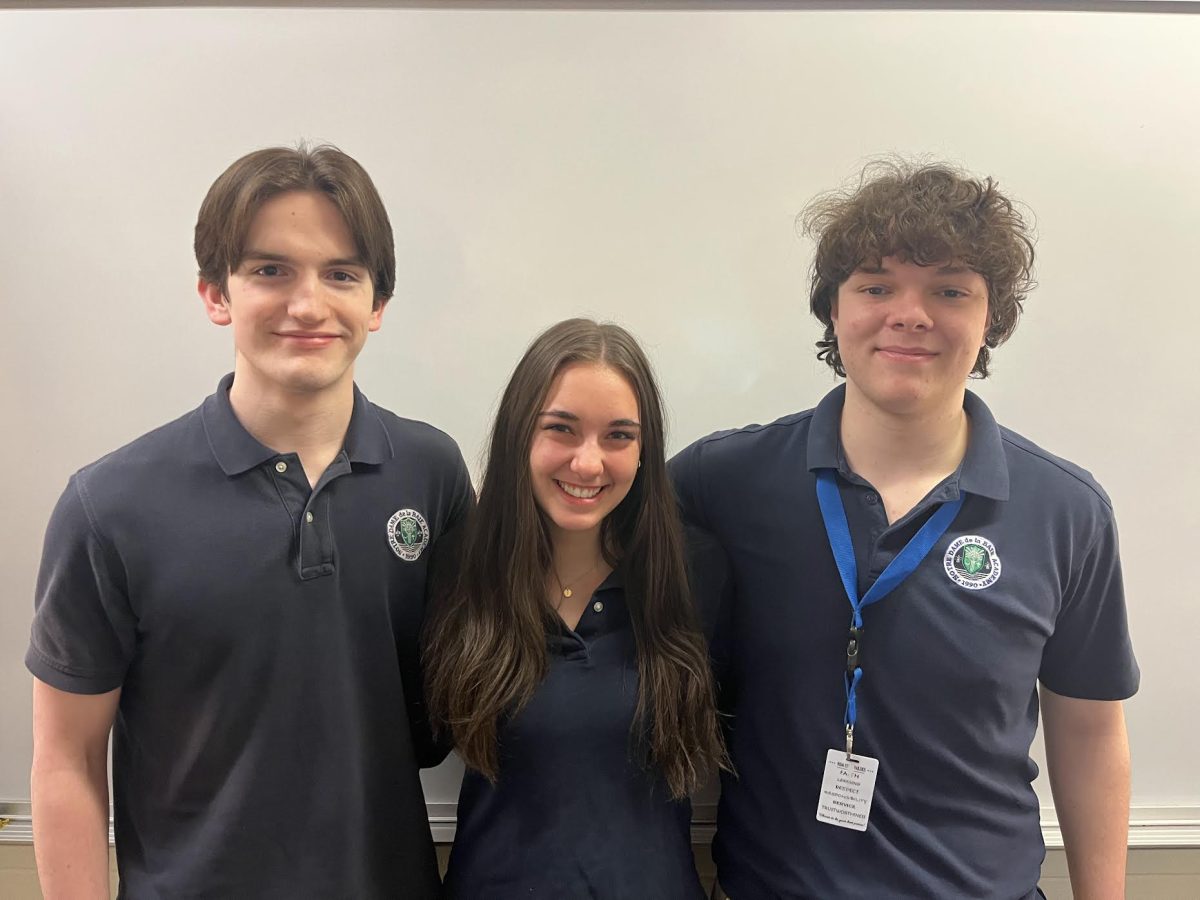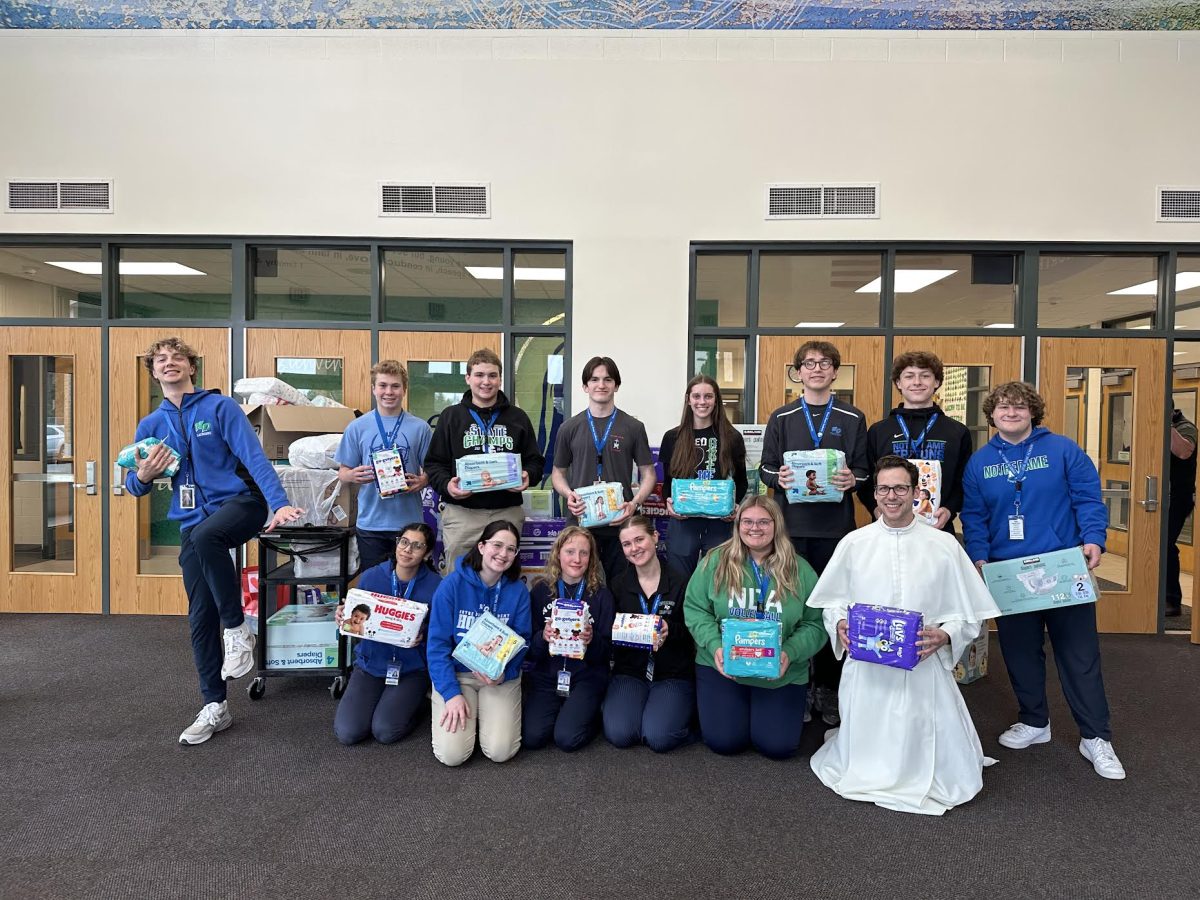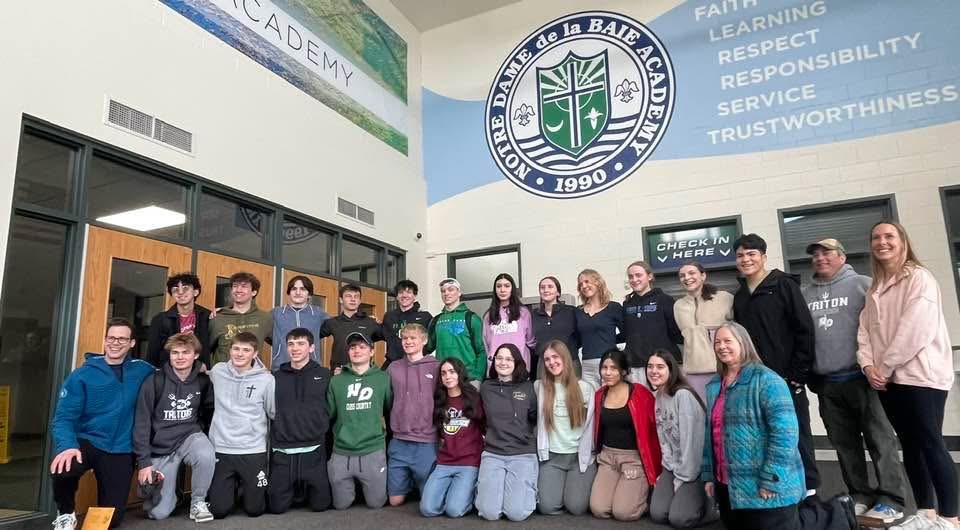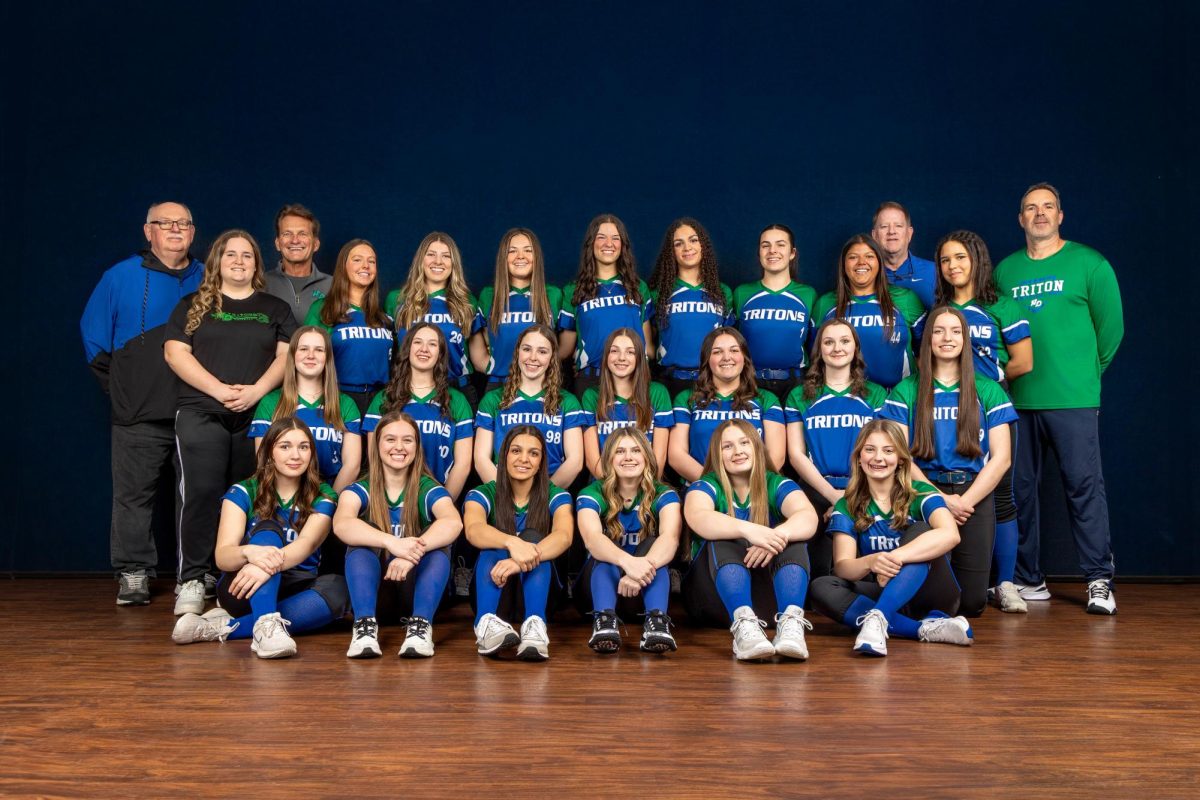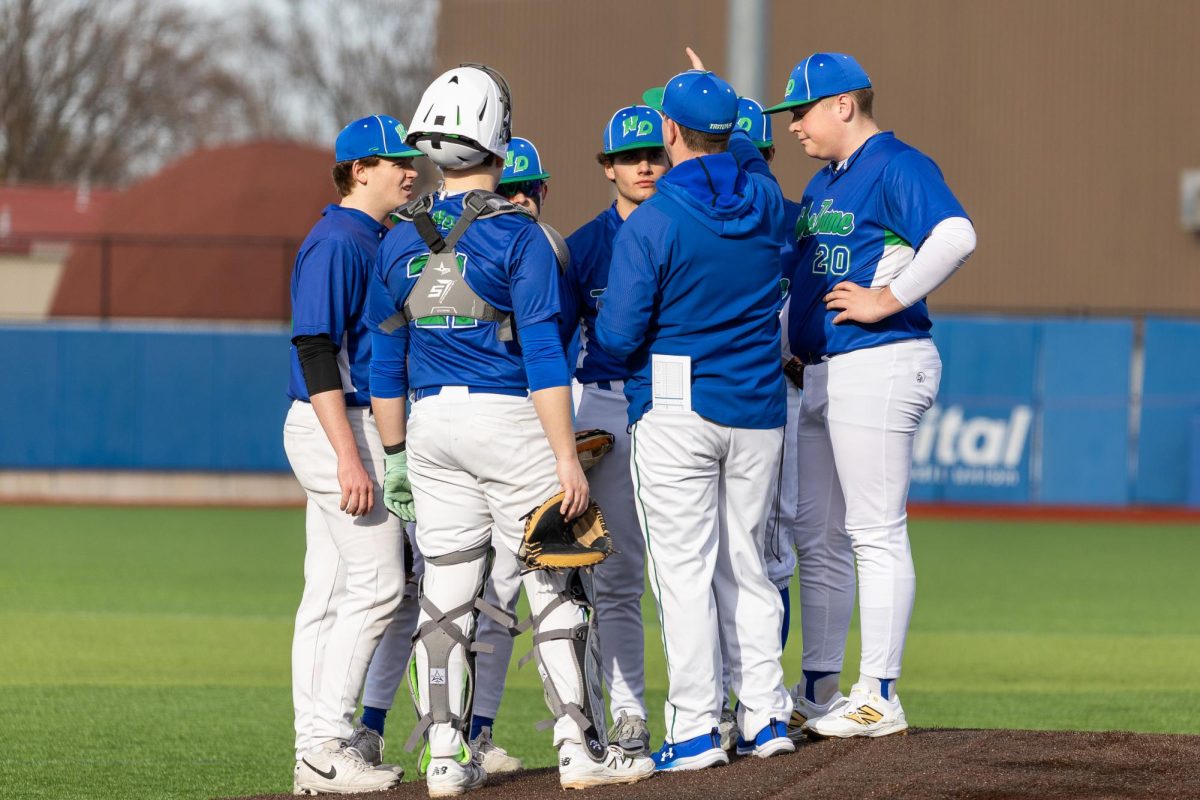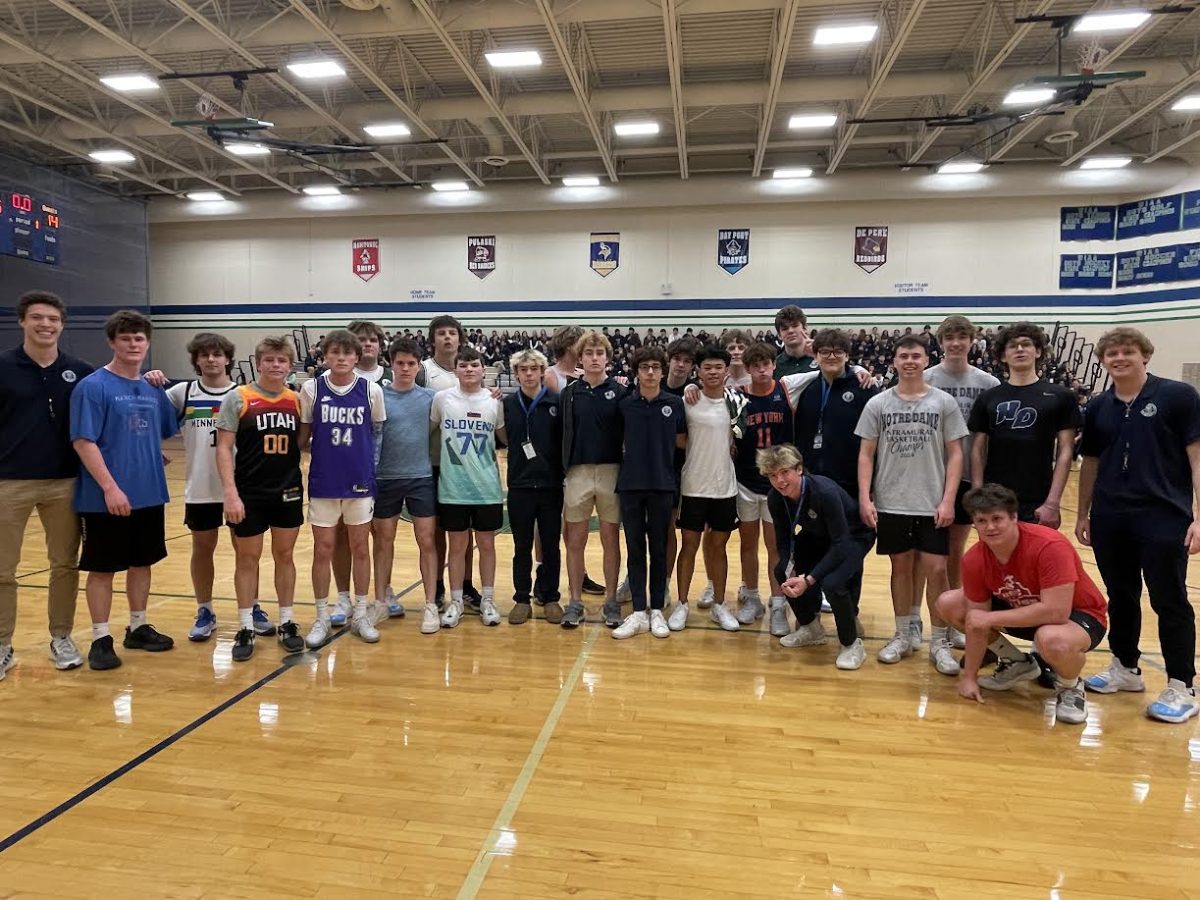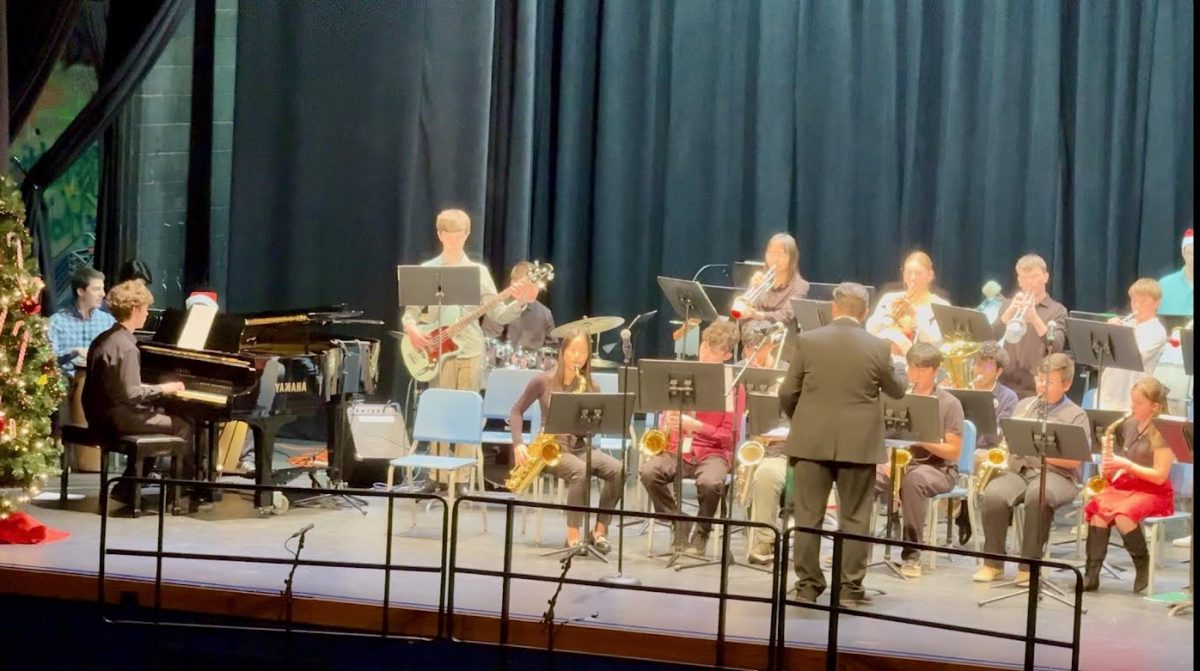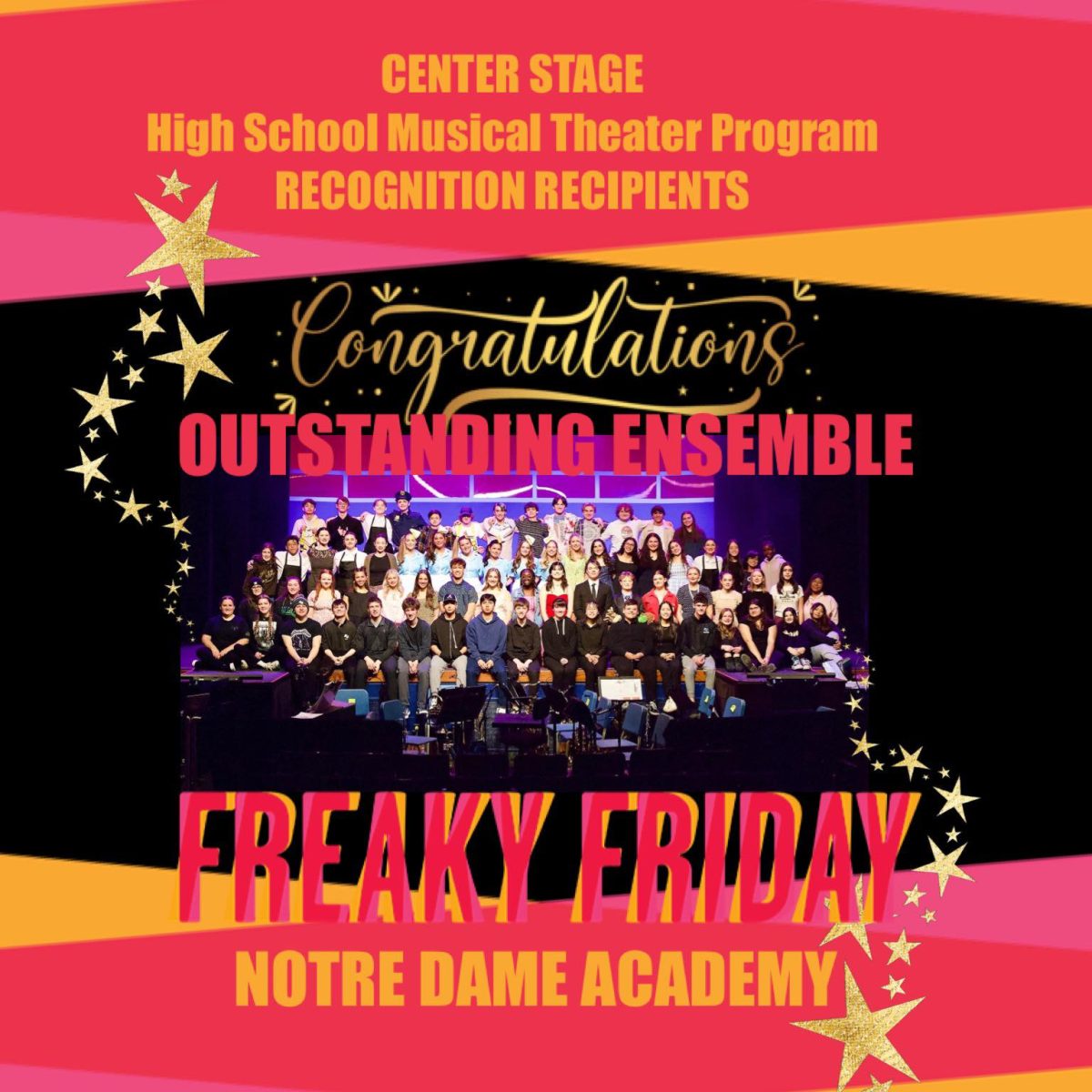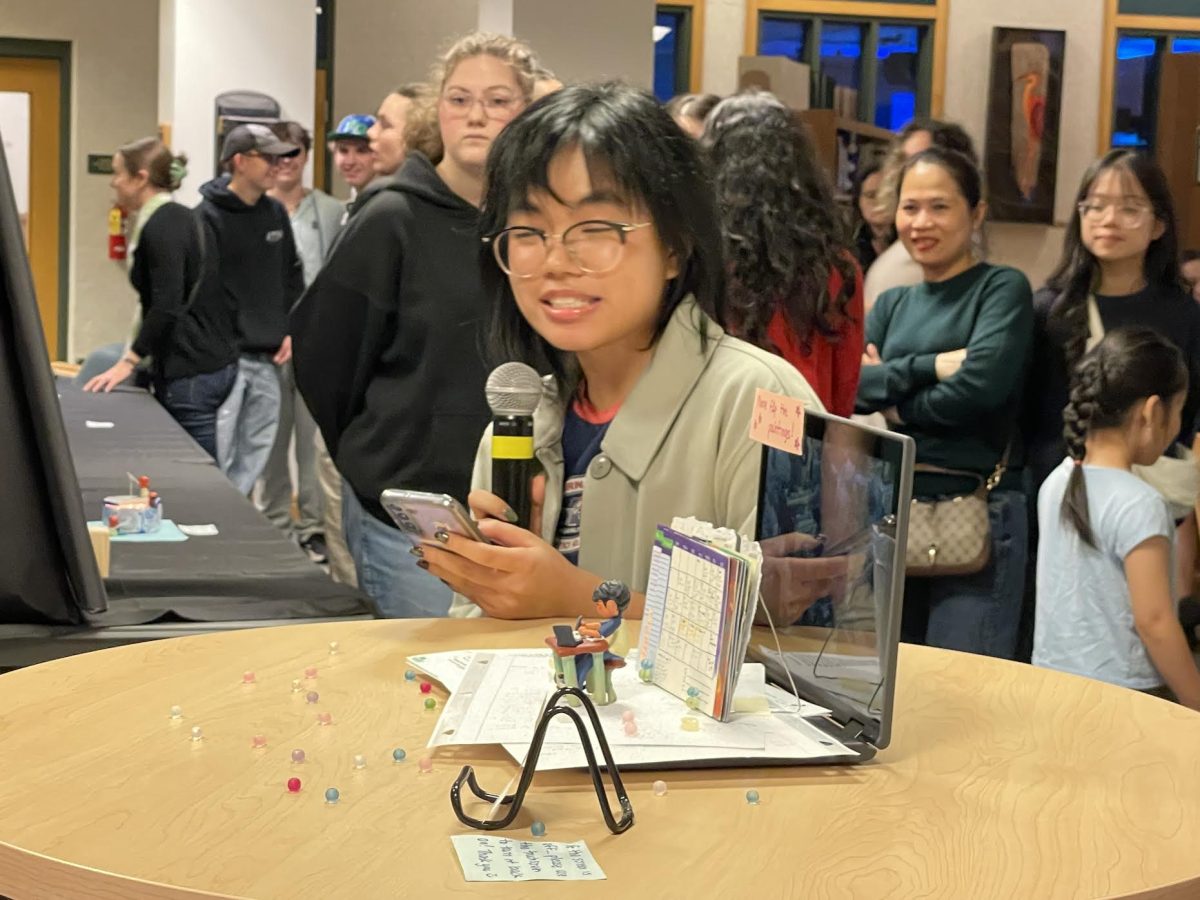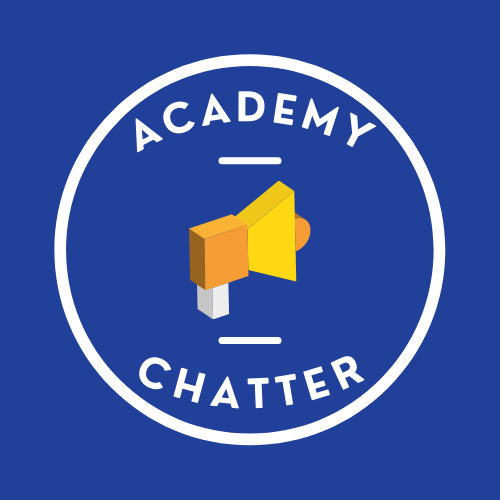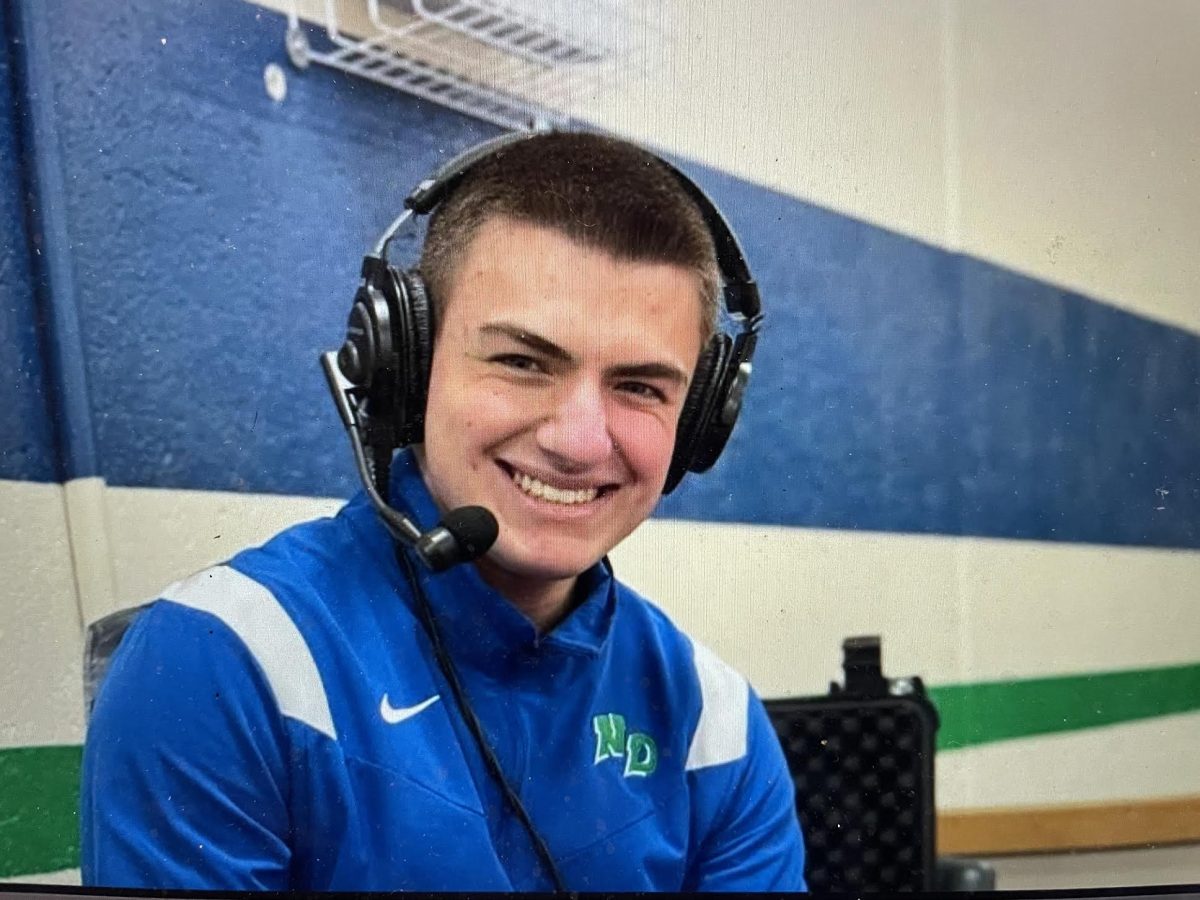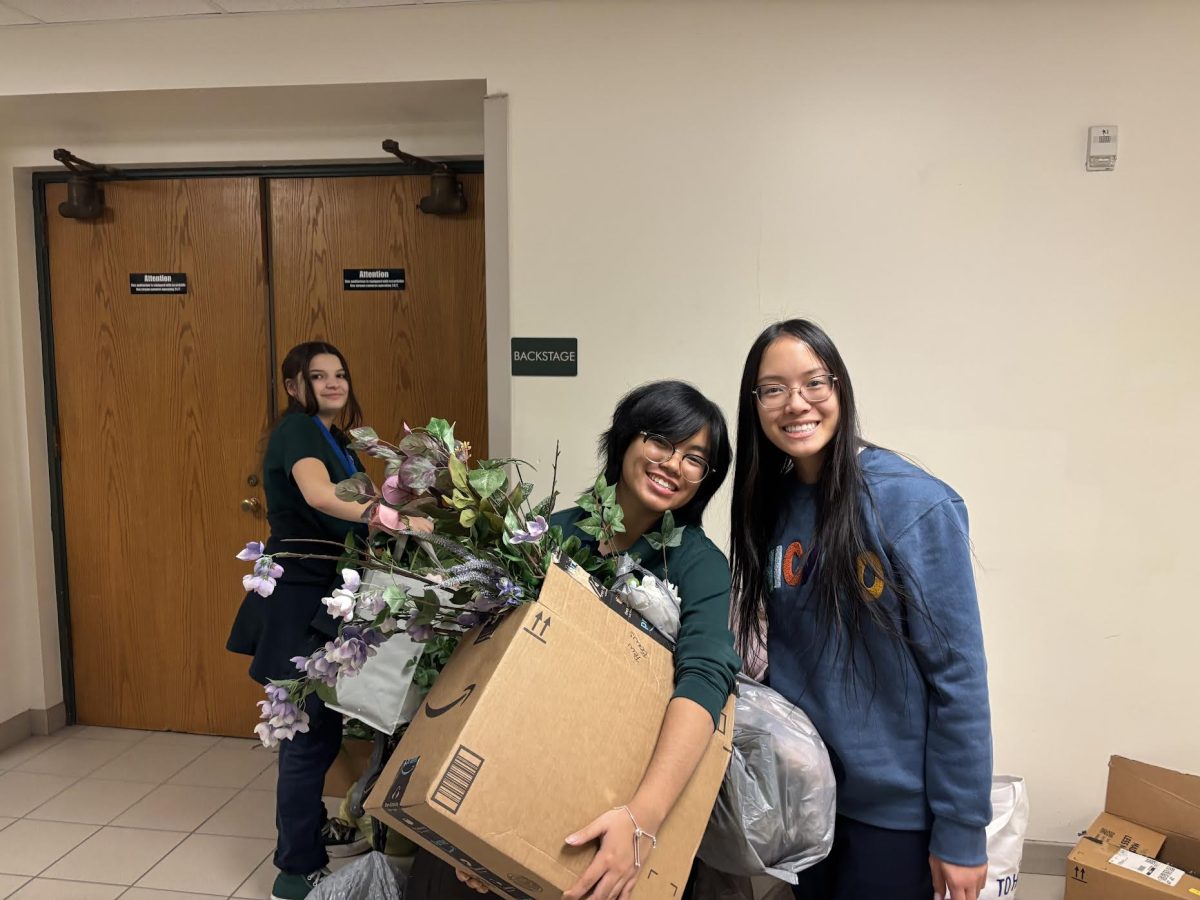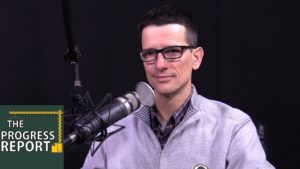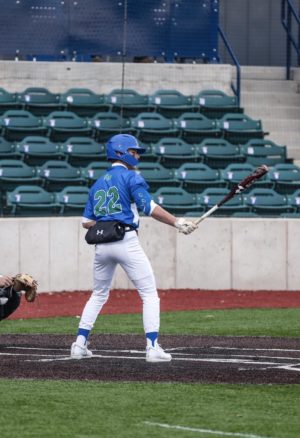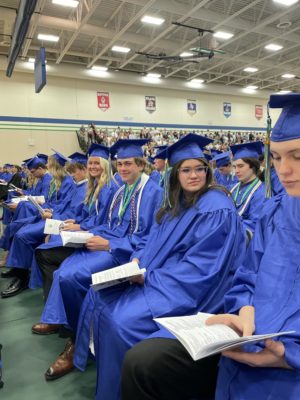Model UN Promotes Critical Thinking, Teamwork, Leadership
April 9, 2019
The annual Wisconsin Model United Nations state conference was held at UW-Milwaukee March 21-22. A group of 14 students and three teachers from NDA experienced a unique event full of learning about diplomacy, history and international relationships.
Discussing global issues in an entertaining way with students from all around Wisconsin was a key element of the event. The MUN teaches delegates debating, public speaking, and writing skills, in addition to critical thinking, teamwork and leadership.
Mr. Matt Schultz, lead adviser of the club, led the NDA delegates along with Mr. Chris Gray and Mr. Christian Dory. The conference in Milwaukee is the biggest one in the state, and Mr. Schultz has served for eight years as the main teacher in charge of the club.
Schultz chose to advise this club for many reasons.
As a history teacher and IB adviser, he explained why it is really beneficial for students: “Learning to communicate and to articulate your own thoughts is an important part of the Model UN conference.”
Delegates are put into situations where they need to find enough evidence for what they want to say in order to pass a resolution. Knowledge of current events is a key necessity for success in the conference.
NDA students’ assigned country was Sweden. Their goal would not have been achieved if all delegates worked separately.
“Delegates are strongly encouraged to work with each other as a team because the main goal is to find beneficial resolutions,” said Schultz.
The main assembly was created from 15 different committees. Each delegate from Notre Dame was responsible for his own department as a representative or specialist on a particular topic. Teachers were allowed to attend any of those committees.
The historical security council is Schultz’s favorite committee because there is a direct connection between school curriculum and the actual issue.
“Students are thrown into unusual situations where their job is to support someone else’s interests,” he said. One day, it could be Russia as a dominator over Crimea and next time Brunei, the country accused of violating humans rights.
That is why Model UN exists–as a way to start learning about the rest of the world.
Schultz emphasized this idea, saying, “At the Model United Nations conference, we often start breaking down our ethnocentric view by accepting facts that there are lot of people out there with different ideas.”
In fact, recognizing and understanding of others is the whole point of the Model UN simulations. Even though we might not agree, it provides an exposure to different global perspectives, diplomacy and international relationships.

